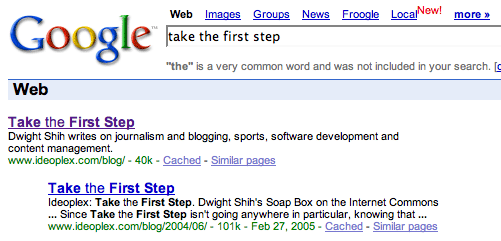The Shield law is a privilege, not a right. We grant journalists the privilege of shielding their sources to further the public good. Because some stories will never see the light of day unless someone betrays their trust to lay a foundation for those stories.
In turn, journalists have the responsibility to exercise that privilege wisely. Just because a source asks to be shielded, it doesn’t mean that the source has to be shielded. It requires a judgement call that the public good generated by the story outweighs damages accrued along the way.
Sometimes you buy a pig in a poke. You promise to shield a source for what turns out to be a non-starter. And you have to live up to that promise. But how does revealing confidential information about Apple’s upcoming products serve the public good?
I think that some bloggers will eventually be upheld as journalists. I just don’t think that the result of Apple v. Does or Apple v. ThinkSecret is going to set that standard.
